Farming is no doubt an expensive business, with the costs of seeds, equipment, and labor quickly adding up. But here’s a surprising solution that can help farmers save money while improving their crops: composting!
This natural process allows you to recycle organic waste materials, like crop residue, animal manure, and food scraps, and turn them into nutrient-rich soil amendments.
It might sound a bit unusual, but composting can be one of the cheapest and most effective ways to give plants the nutrients they need to thrive.
Now, there are different ways you can compost. In this article, we’re going to explore the various ways that farmers can compost and the many benefits of this environmentally-friendly practice.
Regardless of the method, the benefits of composting are clear. Let’s take a closer look at some of the perks of composting!
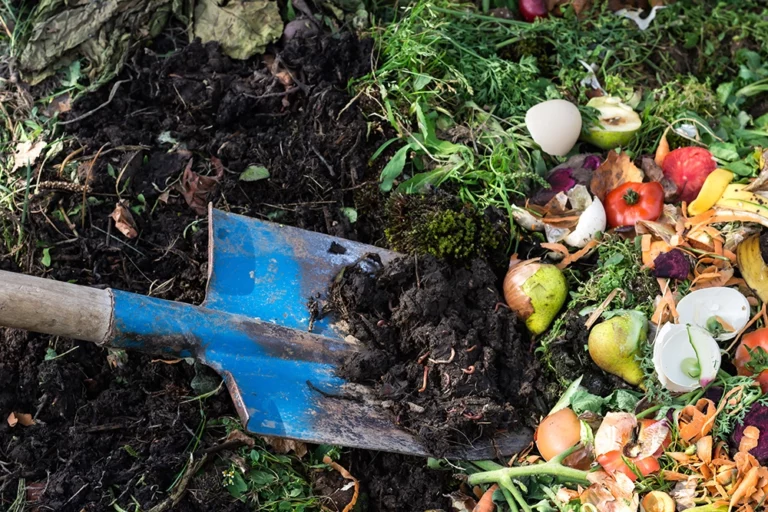
Benefits of composting
Let’s explore some of the benefits of composting before we dive into the different composting methods. This will help you understand how you can integrate composting into your farming system.
Minimizes the amount of food that goes to waste
Food waste is a huge problem all over the world. It’s a good thing that we can actually do something about it by composting!
When you compost food scraps, you’re keeping them out of landfills where they would release methane, a gas that’s harmful to the environment. And that’s not all – composting also helps reduce the amount of space needed in landfills, which are already jam-packed with garbage.
Reduces farmers' dependence on artificial fertilizers
Composting is an environmentally-friendly way to recycle organic waste materials into nutrient-rich soil amendments.
Using compost instead of synthetic fertilizers provides all the necessary nutrients for plants. It also helps to avoid reliance on harmful chemicals that can damage both the environment and your health.
Enhances the condition of the soil
When you add compost to your soil, you improve its fertility and overall health.
Compost is filled with helpful microorganisms that break down organic matter and release important nutrients into the soil. These microorganisms also protect plants by preventing harmful pathogens from taking over
6 Methods to Transform Food Waste into Compost
Now that we’ve learned how great composting is, let’s take a closer look at 6 ways to turn your food waste into nutrient-rich compost!
1. Backyard Composting
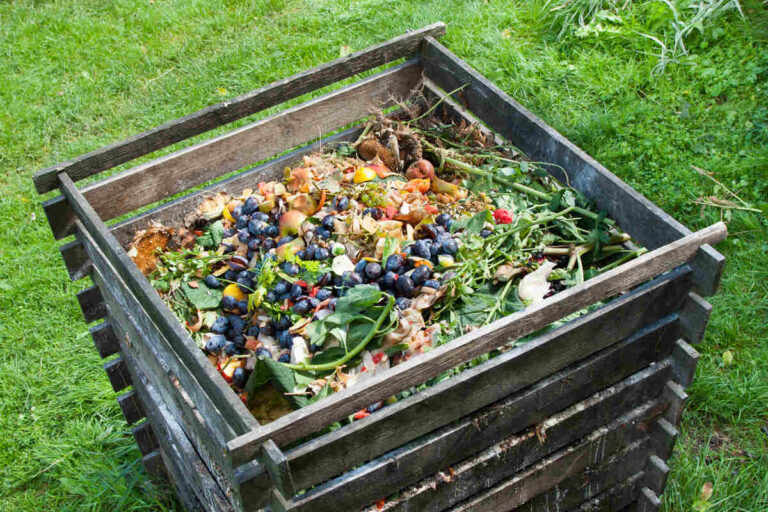
Creating compost in your backyard is an easy and eco-friendly way to fertilize your farm. Here are some simple steps to get started:
- Find a spot in your yard for your compost pile or get a compost bin.
- Collect your food scraps like fruit and vegetable peels, eggshells, and coffee grounds, and add them to your compost bin or pile.
- Don’t forget to add dry materials like leaves and twigs to balance out the moisture.
- Turn the compost regularly to speed up the decomposition process and aerate it.
- Wait a few months, and you’ll have nutrient-rich compost to use on your farm.
2. Vermicomposting
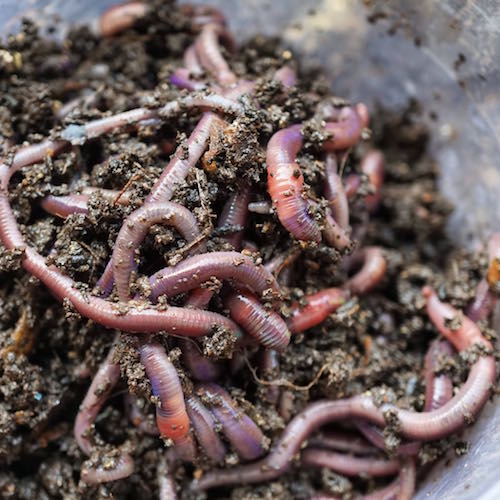
Vermicomposting is a composting method that utilizes worms to break down food waste. To begin,
- Prepare a worm bin and acquire some red worms.
- Add your food scraps to the worm bin.
- Allow the worms to consume the food scraps.
- The worms will convert the scraps into castings.
- The castings can be used as a nutrient-rich fertilizer for your farm.
3. Bokashi Composting
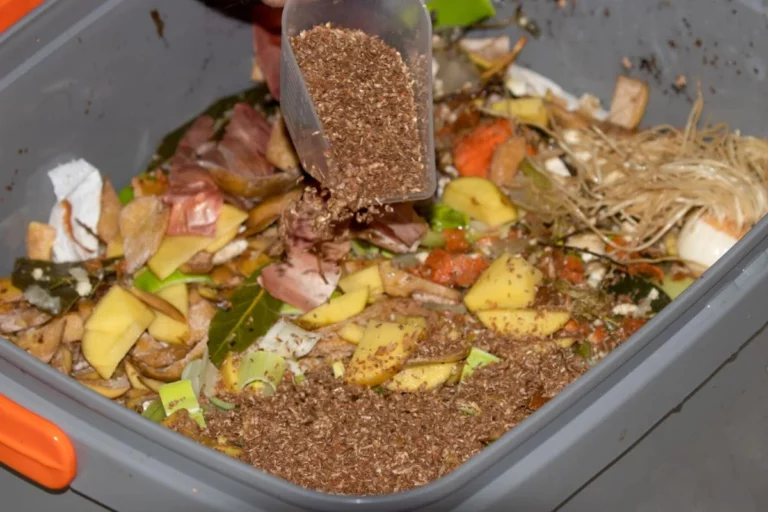
Bokashi composting is a Japanese way of composting that uses special bacteria to break down food scraps. Here are the steps:
- Get a bokashi bin and some bokashi bran.
- Add your food scraps to the bokashi bin.
- Sprinkle some bokashi bran on top of the scraps.
- The bacteria in the bran will ferment the food scraps, turning them into nutrient-rich compost.
Bokashi composting is ideal for composting meat and dairy products that are not suitable for traditional composting methods.
4. Trench Composting
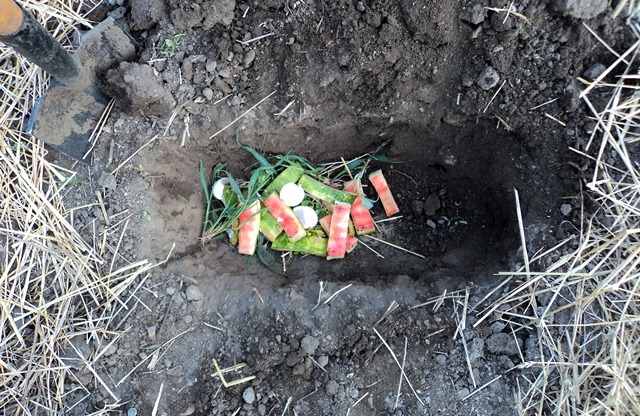
Trench composting involves burying food scraps directly in the soil to create compost. Here are the steps:
- Dig a trench in your farm.
- Add your food scraps to the trench.
- Cover the scraps with soil and let nature do the rest.
- The food scraps will eventually break down and turn into nutrient-rich compost, enriching the soil around them.
5. Green-cone Composting
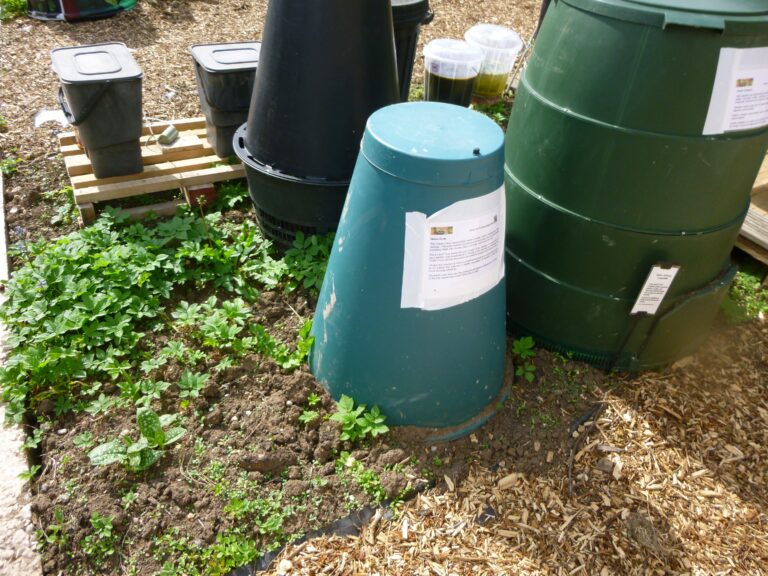
One of the best things about the green cone method is that it requires very little maintenance. Unlike other composting methods, you don’t have to turn the pile or worry about adding specific ratios of ingredients. With the green cone composting method, all you need to do is:
- Install the cone-shaped unit in your yard.
- Start adding your food waste to the basket at the top.
- The natural bacteria inside the cone will work to break down the waste.
- Heat will be produced in the process to help break down the waste.
6. Maggot Composting
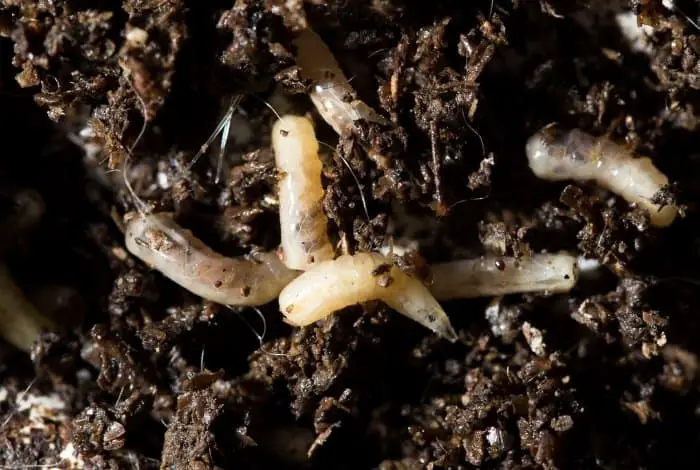
Maggot composting is a process of composting food waste using maggots. You can put your food waste into a container and add maggots. The maggots will eat the food waste and convert it into compost that can be used as fertilizer.
Conclusion
It’s time to turn your food waste into something useful for your farm or farm. By composting your food waste, you’ll not only reduce landfill waste but also create a sustainable source of fertilizer for your plants.
